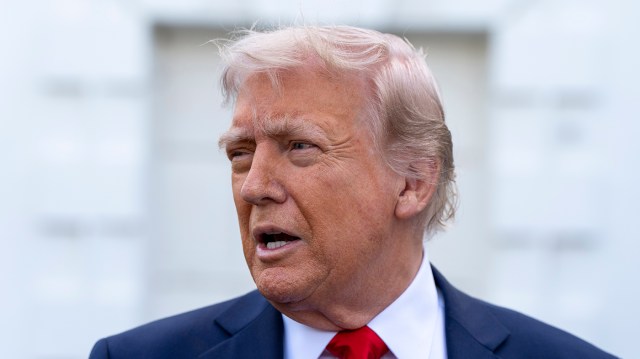Breaking: Trump Takes Aim at Scientific Research and Pharma Policies with Landmark Executive Orders

In a bold move targeting scientific research protocols, President Trump signed a series of groundbreaking executive actions on Monday, with a particular focus on restricting gain-of-function research. The controversial scientific approach, which has been at the epicenter of intense debates surrounding the origins and transmission of COVID-19, drew significant attention with this decisive executive order.
The executive actions represent a critical step in addressing concerns about potentially dangerous research methodologies that could inadvertently enhance the capabilities of infectious pathogens. By cracking down on gain-of-function research, the administration aims to mitigate potential risks associated with scientific experiments that might unintentionally create more transmissible or virulent versions of viruses.
This latest directive underscores the ongoing scrutiny of scientific research practices in the wake of the global pandemic, signaling a more cautious approach to potentially high-risk scientific investigations. The move is expected to spark further discussion among scientific communities, policymakers, and public health experts about the delicate balance between scientific innovation and public safety.
